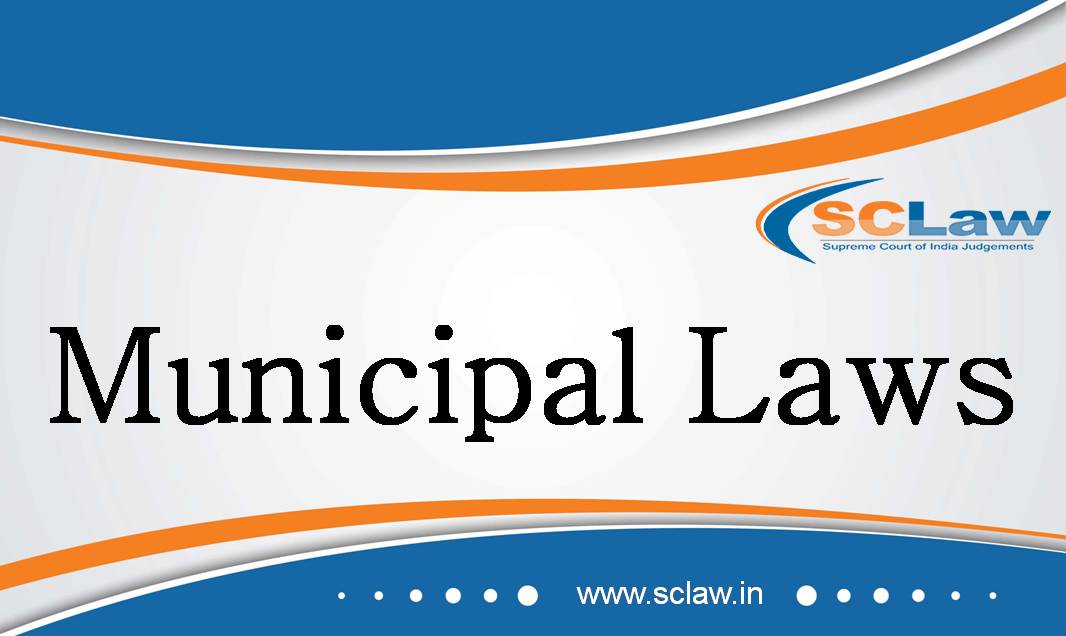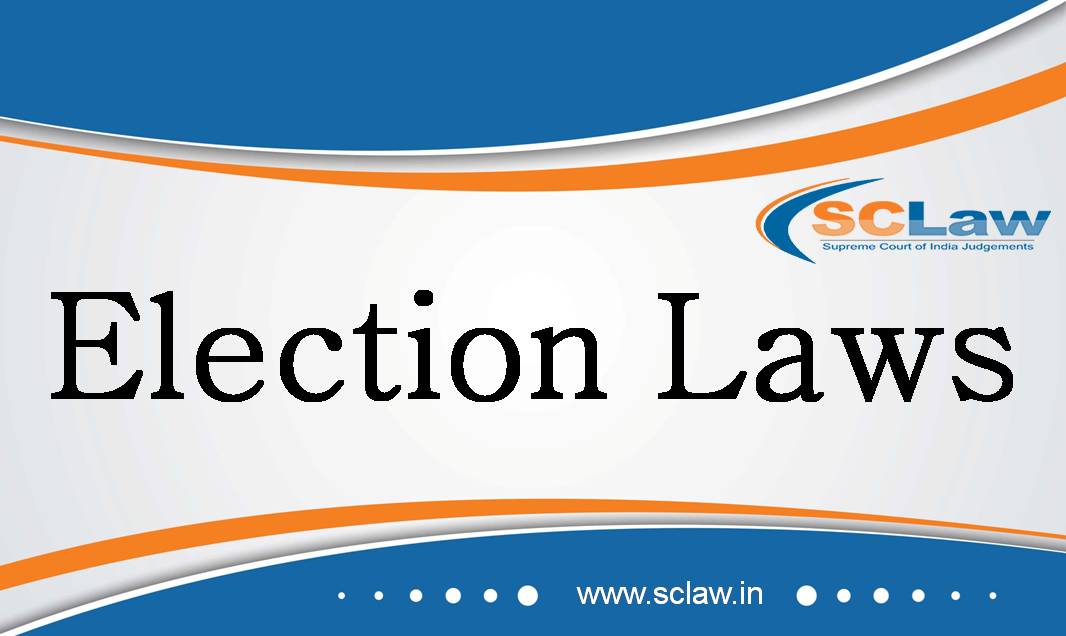Rupa Ashok Hurra vs. Ashok Hurra & Anr (2002) 4 SCC 388 – This landmark case established the concept of curative petitions and the requirements for filing them – We do not think any case has been made out by the appellant for invoking the curative jurisdiction to take relook into the appellants case. Hence, we refrain from entertaining the curative petitions. We do not think any purpose would be served in sending the matter back to the Chamber Judge for instructions in the given circumstances.
SUPREME COURT OF INDIA DIVISION BENCH M/S BRAHMAPUTRA CONCRETE PIPE INDUSTRIES ETC. ETC. — Appellant Vs. THE ASSAM STATE ELECTRICITY BOARD AND OTHERS — Respondent ( Before : Aniruddha Bose…





